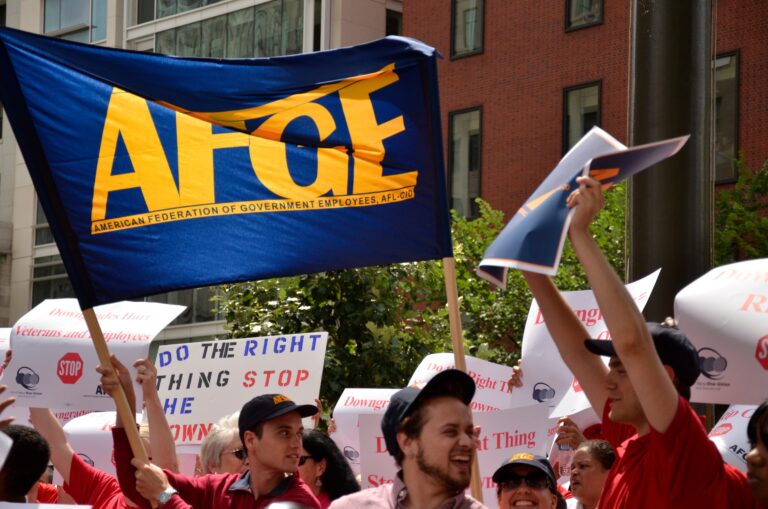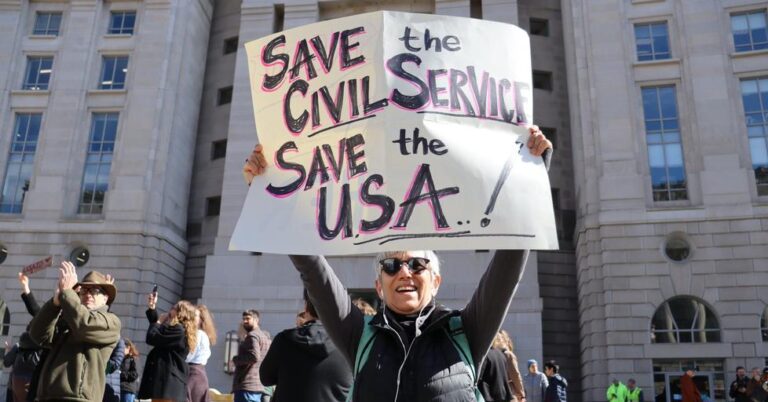In today’s News and Commentary, Dartmouth University files a motion to stay the men’s basketball team’s unionization election scheduled for tomorrow, Kentucky’s House of Representatives will consider a bill that repeals mandatory lunch and rest breaks, and Georgia’s State Senate passes a bill requiring secret-ballot elections for companies that accept state incentives.
A month ago, Sunah reported on the NLRB’s ruling that players on the Dartmouth men’s basketball team are “employees” within the meaning of the National Labor Relations Act, and are therefore eligible to unionize. The university has pushed back with a full court press, immediately appealing the ruling and hiring a big-time legal team including the Trump administration’s former NLRB chairman, Philip Miscimarra. As Jacqueline reported, the Board agreed to move the appeal deadline, meaning the players were due to cast their votes tomorrow. Last week, the university filed a motion to stay the election and requested to expedite its appeal. The university argues that allowing the athletes to unionize does not advance the purposes of the act and flies in the face of a 2014 Board decision, Northwestern University. If the election moves forward, the Dartmouth basketball players will be the first collegiate athletes to have their votes counted in a representation election. If the union wins, the college will have to deliberately refuse to bargain with the new union in order to get direct court review of the players’ employment classification.
Kentucky is considering yet another bill that rolls back labor laws and protections. Kentucky House Bill 500 would repeal required lunch and rest breaks, eliminate time-and-a-half overtime pay for working 7 consecutive days, and decrease the statute of limitations for bringing employment lawsuits from five years to three. The bill passed the state’s House of Representatives’ Small Business and Information Technology Committee in a 9-4 vote, and moves on now to the full chamber. Committee chair, Phillip Pratt, a Republican representative and business owner sponsored this bill, along with HB 255 weakening child labor laws (see Holden’s coverage for more). If passed, HB 500 would require employers to pay workers while they are eating instead of giving a mandatory lunch break for every three to five hours of work completed as current state legislation requires. Lunch breaks are not required by federal labor law. Opponents of the bill say the change will decrease workplace safety and increase worker burnout.
Kentucky is not alone in its efforts to roll back worker protections. Last month, the Georgia State Senate passed Senate Bill 362 which will bar companies that accept state incentives from recognizing unions without a formal secret-ballot election. The bill prohibits voluntary recognition of the union after card check. Georgia is actively competing to attract electric vehicle manufacturers and other businesses, providing billions in economic incentives for companies that open shop in the state. As the UAW sets its sights on unionizing the South, this bill places yet another hurdle in the way of worker organizing. SB 362 is modeled after a Tennessee law passed last year, and governors across the South have been even more outspoken against unionization recently. Earlier this year, South Carolina’s governor committed to fighting labor unions “all the way to the gates of hell.” Georgia has the eighth lowest rate of unionization in the country at just 4.4% of Georgia workers.







Daily News & Commentary
Start your day with our roundup of the latest labor developments. See all
December 4
Unionized journalists win arbitration concerning AI, Starbucks challenges two NLRB rulings in the Fifth Circuit, and Philadelphia transit workers resume contract negotiations.
December 3
The Trump administration seeks to appeal a federal judge’s order that protects the CBAs of employees within the federal workforce; the U.S. Department of Labor launches an initiative to investigate violations of the H-1B visa program; and a union files a petition to form a bargaining unit for employees at the Met.
December 2
Fourth Circuit rejects broad reading of NLRA’s managerial exception; OPM cancels reduced tuition program for federal employees; Starbucks will pay $39 million for violating New York City’s Fair Workweek law; Mamdani and Sanders join striking baristas outside a Brooklyn Starbucks.
December 1
California farmworkers defend state labor law, cities consider requiring companies to hire delivery drivers, Supreme Court takes FAA last-mile drivers case.
November 30
In today’s news and commentary, the MSPB issues its first precedential ruling since regaining a quorum; Amazon workers lead strikes and demonstrations in multiple countries; and Starbucks workers expand their indefinite strike to additional locations. Last week, the Merit Systems Protection Board (MSPB) released its first precedential decision in eight months. The MSPB had been […]
November 28
Lawsuit against EEOC for failure to investigate disparate-impact claims dismissed; DHS to end TPS for Haiti; Appeal of Cemex decision in Ninth Circuit may soon resume